#a tale of two cities
Text
“I wish you to know that you have been the last dream of my soul.”
Charles Dickens, A Tale of Two Cities, 1859
2K notes
·
View notes
Text
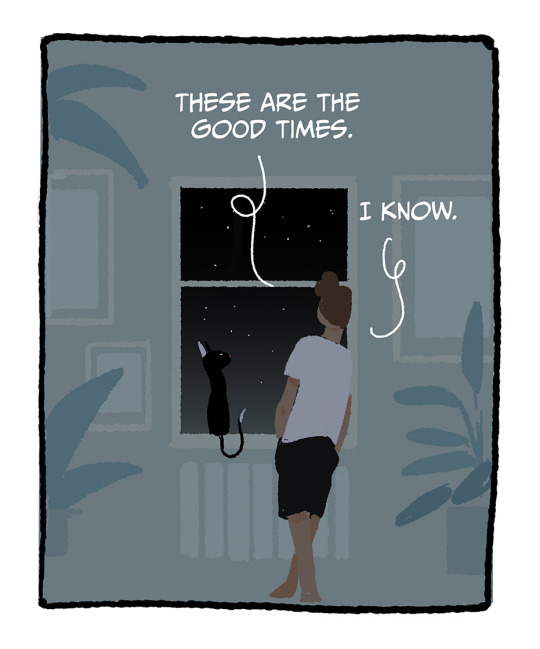
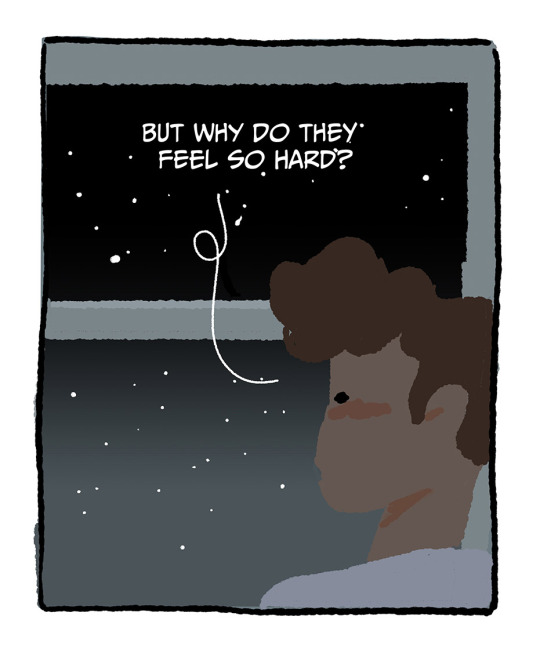
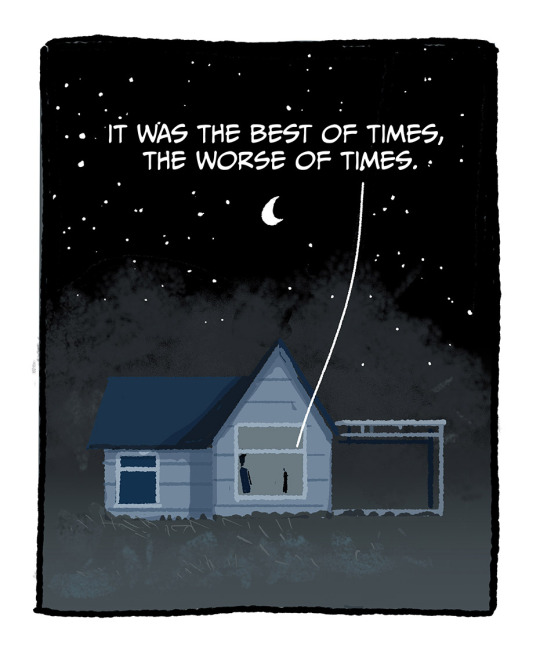

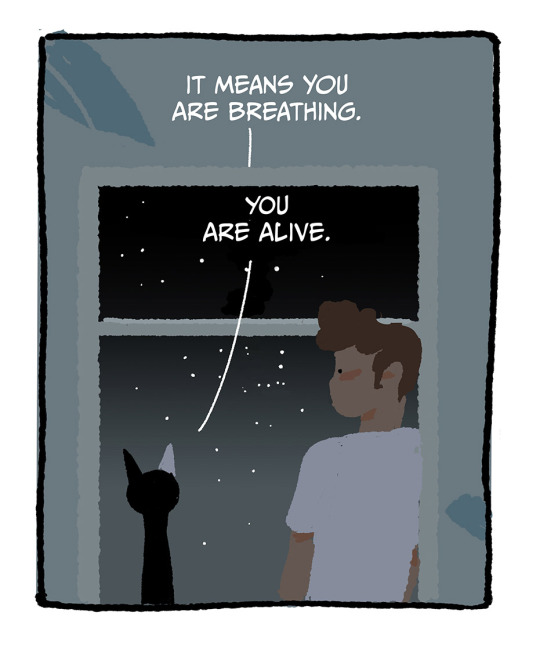
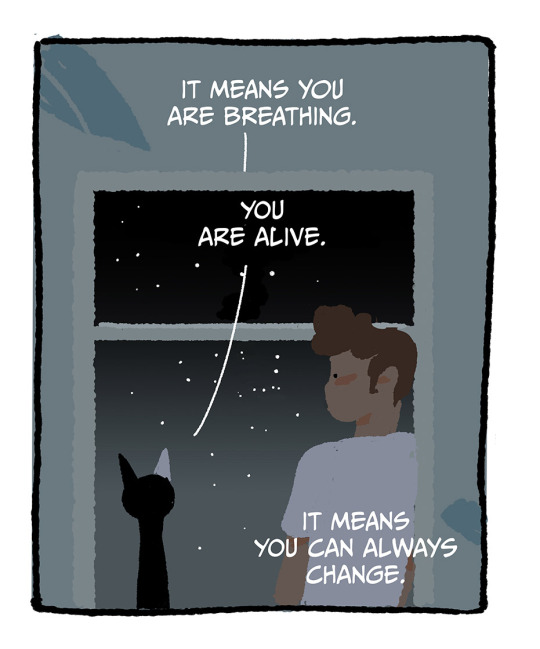
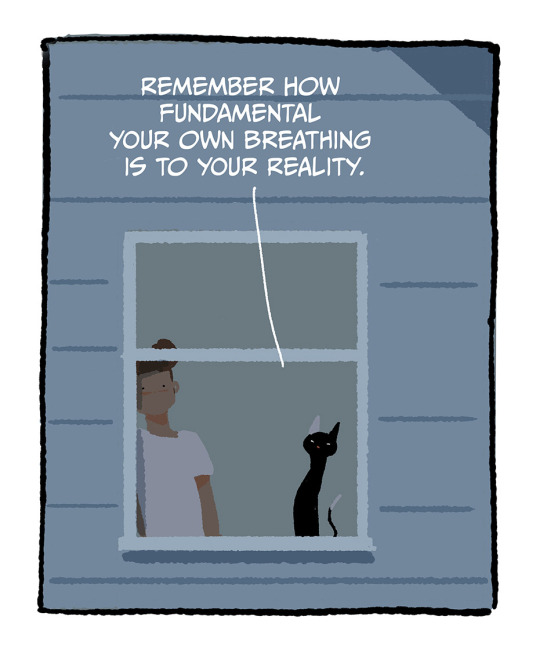
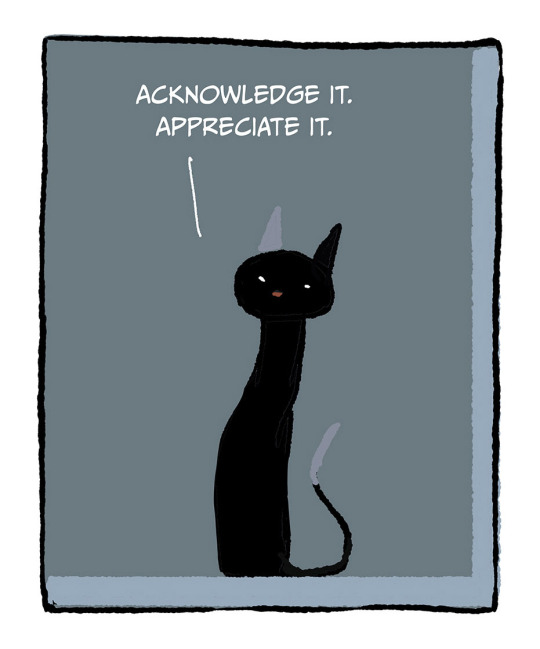

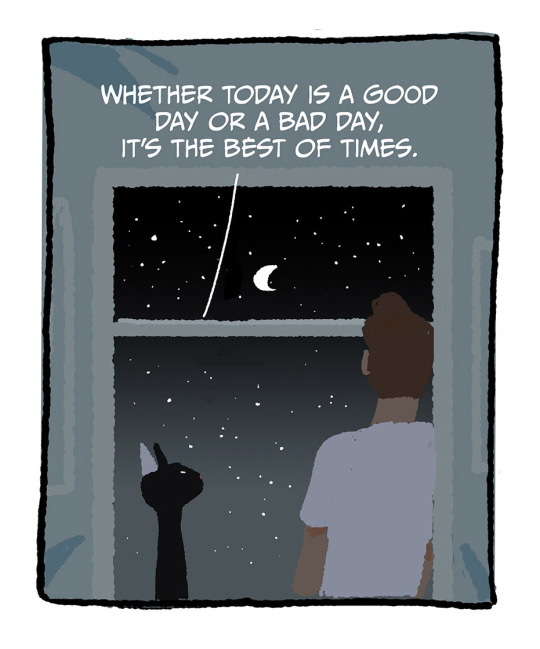

Late night thoughts
With a little help from Dickens
548 notes
·
View notes
Text
#i had a vision#sir gawain and orestes were candidates but i decided to go with one character per mythology or author#only so many options...#brideshead revisited#a tale of two cities#dracula#hamlet#frankenstein#les miserables#crime and punishment#the picture of dorian gray#greek mythology#arthuriana#my polls
1K notes
·
View notes
Text
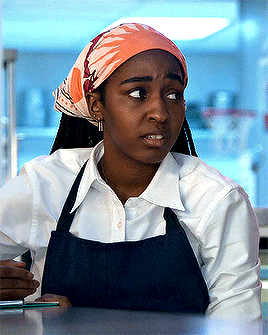


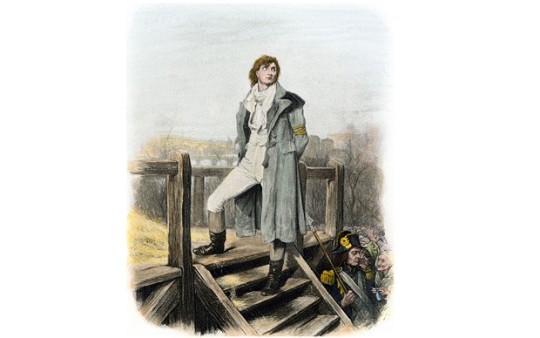
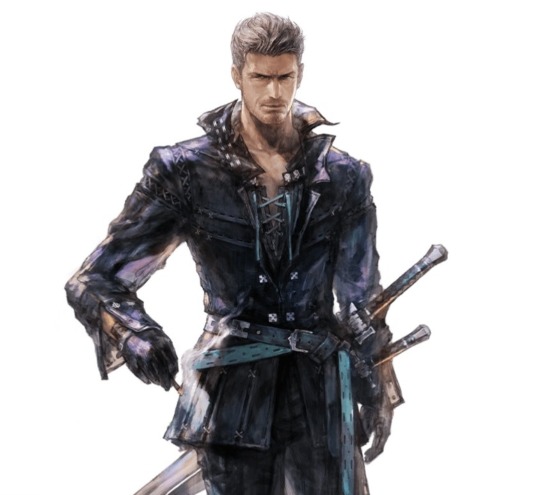

I'm doing a series of "Best Character Named X" polls where all the characters have the same first name but are from completely different media, feel free to send in name/charcacter suggestions, I'm posting one poll a day, check my pinned post for active polls
#best character named x#poll#poll game#sydney adamu#sidney prescott#sid the sloth#sydney carton#cid ffxvi#sid toy story#the bear#scream#ice age#a tale of two cities#final fantasy#toy story
217 notes
·
View notes
Text
can we please talk about the scene where clary asks jace (controlled by sebastian) to read to her and he picks A TALE OF TWO CITIES BY CHARLES DICKENS
and she describes the golden written title and the dedication that can’t be read BECAUSE IT FADED WITH TIME
you could only see “with hope at last, william herondale”
because i cried in that moment as if the ceilling fell on my bookshelf
#the shadowhuter chronicles#shadowhunters#tmi#the infernal devices#the mortal instruments#clary fairchild#jace herondale#clockwork princess#will herondale#tessa gray#jem carstairs#clace#wessa#a tale of two cities#clockwork angel#clockwork prince#city of lost souls#the way i cried dont even get me started ok
369 notes
·
View notes
Text
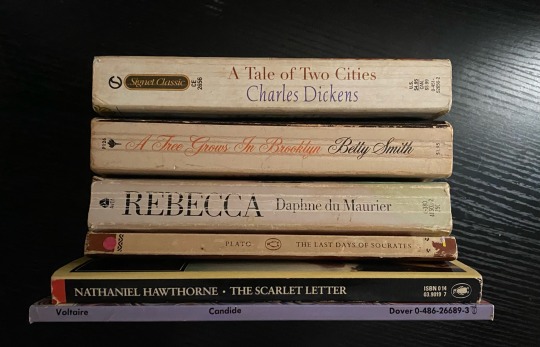
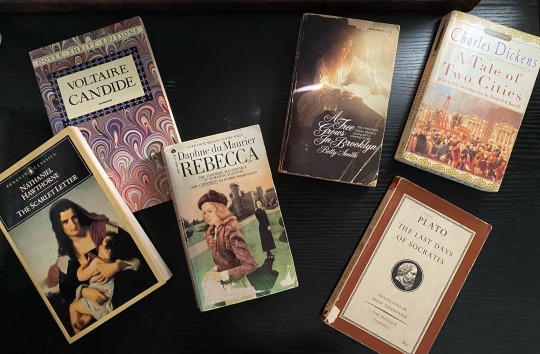
Classics: book haul, thrift store edition
#bookblr#booklr#book aesthetic#books#charles dickens#a tale of two cities#a tree grows in brooklyn#Betty smith#rebecca#daphne du maurier#Plato#the last days of socrates#nathanial hawthorne#the scarlet letter#Voltaire#candide#classics#and I got all of this for less than $7#gotta love thrift stores#dark academia#chaotic academia#literature
181 notes
·
View notes
Text
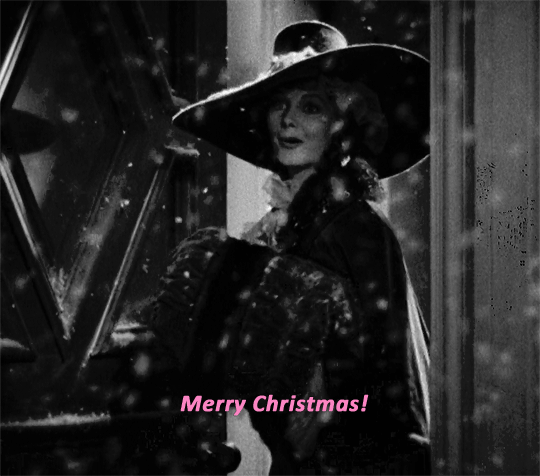
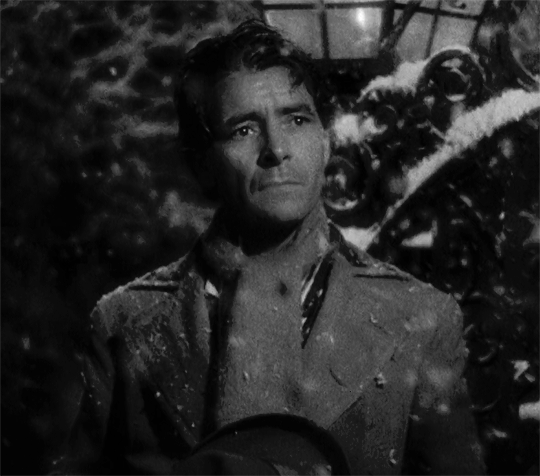
A TALE OF TWO CITIES (1935)
#what does it say about me that my first ever book crush (of the non-gilbert type) was sydney carton?#nine-year-old me did not have a favorite backstreet boy because none of them were capable of making The Ultimate Sacrifice 🩷💞#a tale of two cities#ronald colman#elizabeth allan#the silver screen#marshmallow worlds#*
107 notes
·
View notes
Text
There's something about the novels I've read that are obsessed with Napoleon - Les Miserables, War and Peace, The Count of Monte Cristo - and something about the novel's I've read that are obsessed with the French Revolution - A Tale of Two Cities, The Scarlet Pimpernel (Les Miserables is about a French Revolution but not the French Revolution). Those are the threads between those books, but somehow it feels stronger than just similar themes. I want to sit and spend a year reading nothing but those five books back to back and see what I learn.
#do tell me what other france centered classics i'm missing out on#seriously the count of monte cristo has changed my life#kit reads classics#les mis#war and peace#tcomc#a tale of two cities#(which i hated btw but i will reread it someday and like it better)#the scarlet pimpernel
64 notes
·
View notes
Text

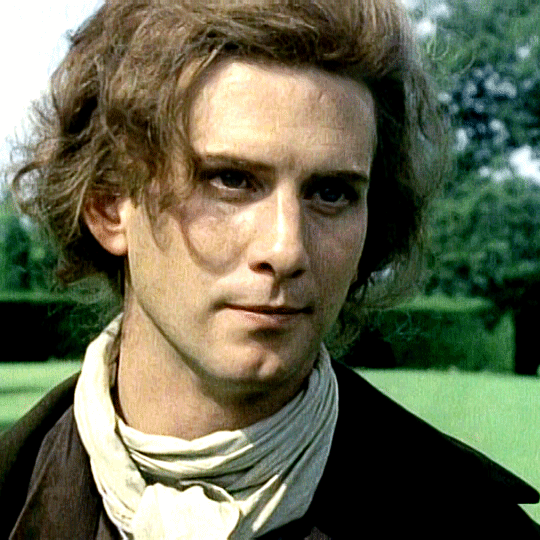
James Wilby as Sydney Carton in “A Tale of Two Cities” (1989)
98 notes
·
View notes
Text
How many times do we have to say:
Create characters with strength of virtue, not strength of skills.
I just finished A Tale of Two Cities with the character Lucie Manette, who "does" nothing but love the people around her and extend compassion toward everyone within her sphere of influence. She makes no "choices" that contemporary audiences would award the stupid badge of "giving her agency" to.
She doesn't make a speech that saves Charles Darnay's life. She doesn't lead the victims of the French Revolution into a counter-revolt. She doesn't fight off the soldiers that come to take her husband, or beat up Madame Defarge when she threatens her child, or even come up with the escape plan to flee Paris.
She makes none of those kinds of choices. (You know who does? Madame Defarge. But the compare-contrast between those two can wait till another day.)
But she makes these kinds of choices:
She'll give her honest testimony in a trial for a potential traitor to the crown, and demonstrate her compassion and grief for a near-stranger, wearing that vulnerability on her sleeve in front of a huge court of people clamoring for blood.
She'll be compassionate toward Sydney Carton, even though he's rude, careless, and brings a bad attitude into her happy home.
She'll spend the energy of her life making that home happy.
She'll stand for two hours in any weather on the bloody streets of the French Revolution so her husband might have a chance of glimpsing her and getting some comfort from the prison window.
She'll trust the older men in her life when they ask her to.
She'll allow an old woman to care for her and go everywhere she goes, and treat her like a child, as long as it makes the old woman in question happy.
And what, WHAT is the consequence of these kinds of decisions, choices, that some ignorant people call "passive?"
That old woman is allowed to love Lucie Manette so much that she defeats the villainess in the climax of the story, holding Madame Defarge back from getting revenge with sheer strength that comes directly from that love.
Her father is allowed to draw strength from the fact that Lucie believes she can depend on him--because she chooses to let her father take the lead and do the work of saving her husband, Dr. Manette is fully "recalled to life;" he doesn't have to identify as a traumatized, mentally unstable victim anymore, because Lucie is treating him like he can be the hero.
Her husband does see her in the street, and does draw strength from that--just that--instead of losing his mind the way her father, starved for a glimpse of his loved ones, did during his own imprisonment.
Lucie's home is so full of the love and kindness that she fills it with that not only does her father return to remembering who he is after his long imprisonment--but Mr. Lorry, a bachelor with no family, can feel at home with a full life, there. Miss Pross, whose family abandoned and bankrupt her, has a home with a full life, there. Charles Darnay, whose life of riches and pleasure as a Marquis was empty, has a home with a full life, there. In Lucie's home, because she spends her life making it the kind of home others can find rest in.
Sydney Carton, a man whose whole life has been characterized by a LACK of "care" for himself or anyone else, suddenly cares about Lucie. When he thought it was impossible to. And he doesn't care about her because she's pretty. Her beauty was just a source of bitterness for him--one more pleasure he could've had but can't. Until he "saw her with her father," and saw her strength of virtue, of pity, of compassion, of self-sacrificial love--then he felt that she "kindled me, a heap of ashes, into fire." He started caring about life again, where it was associated with her, because she brought to life every good thing. Just by being a woman of good virtue. And we know what that inspiration led him to.
Without Lucie's strength of virtue, and the decisions that naturally came from that, none of the "active" choices other characters made would have happened. Sydney would not have been redeemed. Darnay would not have been saved. Her father never would've been recalled to life. Miss Pross and Mr. Lorry would've had no light or love in their lives. Even Jerry would've had no occasion to learn from his mistakes and resolve to stop abusing his family.
A character like Dickens' Golden Thread, who does what a woman should do, inspires the choices other characters make. That makes her more powerful, in her own way, than the heroes and any decisions they make. Because she's the cause. She's the inspiration. She's the representation of everything good, right, precious, worth fighting for.
Lucie Manette's not the only character like this. Cinderella. The original Disney Jasmine. The original Disney Ariel. Lady Galadriel. Jane Eyre. Amy March.
"Behind every great man is a great woman," indeed! Absolutely! Bravo!
Hang on! Hang on to those kinds of characters. Those a real "strong female" characters. The muses, the inspirations, the reminders of The Greater Good. The people who make fighting the dragons worth it at all. Who cares about fighting the dragon? That's not so great, without her.
Don't forget those kinds of characters! Reading Dickens just makes me desperate for our generation to keep up the reminder: make characters that the next ten generations can learn from: strength of virtue is much more important than silly little strength of skill.
#Dickens#Charles dickens#writing#storytelling#behind every great man is a great woman#strong female characters#strong woman#Lucie Manette#a tale of two cities#classics#writing advice#feminism#feminism is poison#Christianity#Christian fiction#tropes#Sydney carton
66 notes
·
View notes
Text
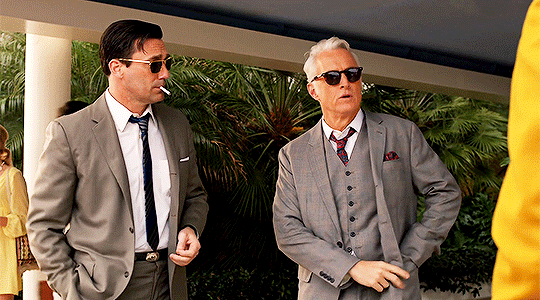
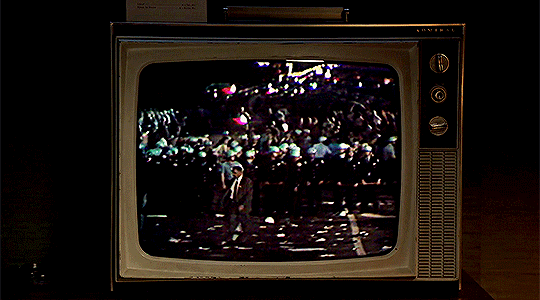


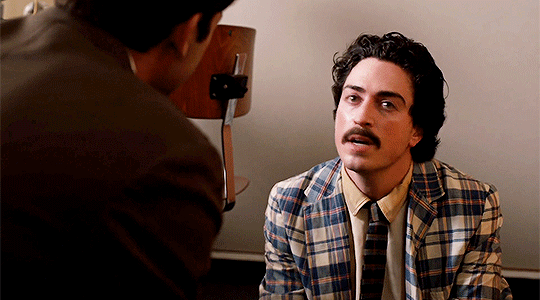



Every Episode of Mad Men
A Tale of Two Cities — Season 6, Episode 10
dir. John Slattery
"Now I am become Death. Destroyer of worlds."
"Come on, buddy. You're not Death."
207 notes
·
View notes
Text



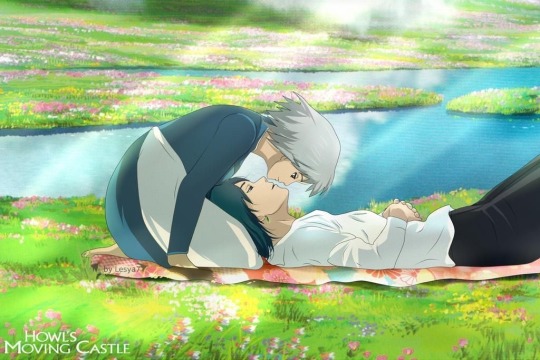
Quotes from ‘A Tale of Two Cities’ by Charles Dickens.
Images via Studio Ghibli, Howls Moving Castle.
#parallels#howls moving castle#studio ghibli#a tale of two cities#charles dickens#ghibli aesthetic#ghibli movie#quotes#light academia#cottagecore#classic#literature#love#love quotes#art#spilledink#books & libraries#booklover#bookworm#booknerd#life#feelings#life quotes#nature#romantic academia#academia#book quotes#ghibli icons#dreams#words
458 notes
·
View notes
Text
Crowley dying in s3
I wasn't sure how to start this meta. I've had this theory with possible (big possible) evidence sitting around for ages and I just didn't know what to do with the information.
After I'd already had this information, I only seen a hand full of others talk about it, but none have touched on it in the same way as the things I've found in my research.
So let's get on with it. For reference I'm going to tag @nightingalecottage and their lovely post here. I really recommend reading it. This theory only saw the light of day because of their post and I told them I would tag them with my meta since it lends a lot to it. And I promised myself that I would finish this for them.
Now for the meat and potatoes. I'll break it all down about how I found this information and how it might lend some theory about possible plot to s3.
This got really long so I put a cut.
-Silly narrator voice-
The facts were these.
To start I was doing research for a fic I'm working on and the details don't matter much but I'd planned to make my 'human' crowley a barrister. I was googling famous barristers for inspiration.
This lead me to wikipedia naturally as you do. And as I was looking over the list I saw this.
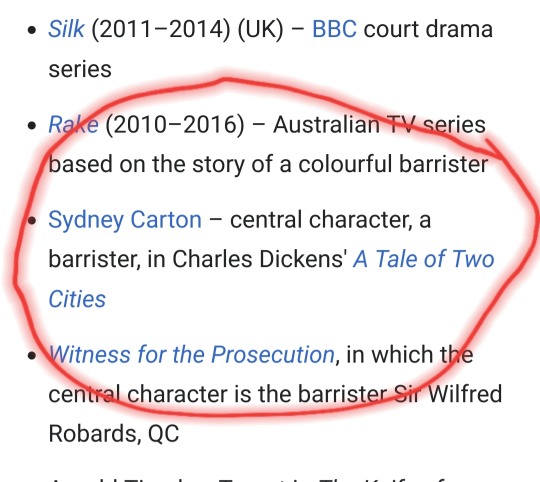
After seeing this name on the list of barristers in popular culture I had a mini freakout. Mainly because two things NG is a huge fan of Charles Dickens and A Tale of Two Cities is on the bookclub reading list. And I kept thinking why did this seem familiar and this is why.
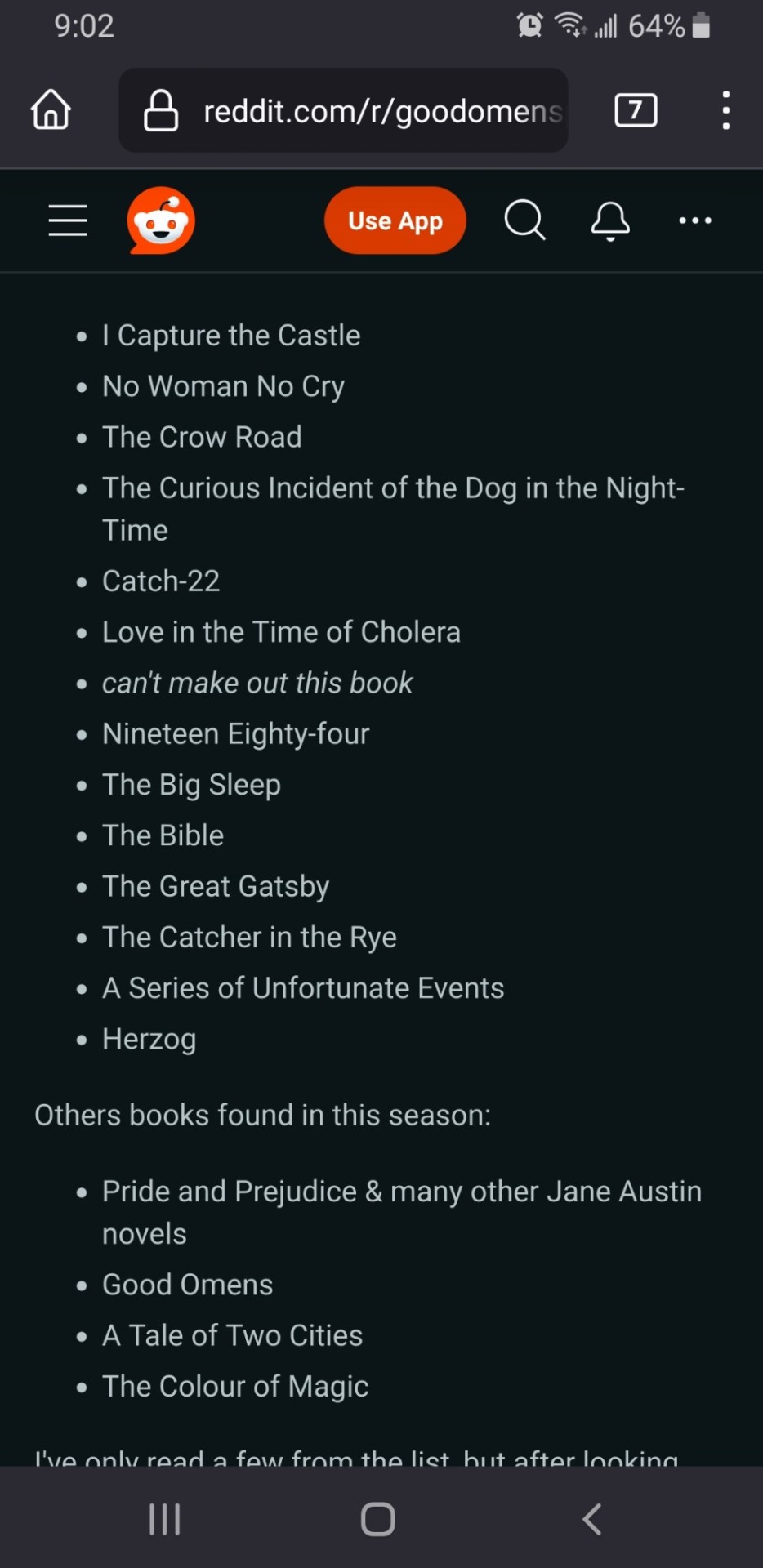
A Tale of Two Cities is on the list of books that they recommend we read or were found in s2. So after I stopped freaking out I immediately went to the wiki page for this character. I wasn't too familiar with this book so I wanted to know more. As I was now super invested and intrigued. And found this.
Sydney Carton
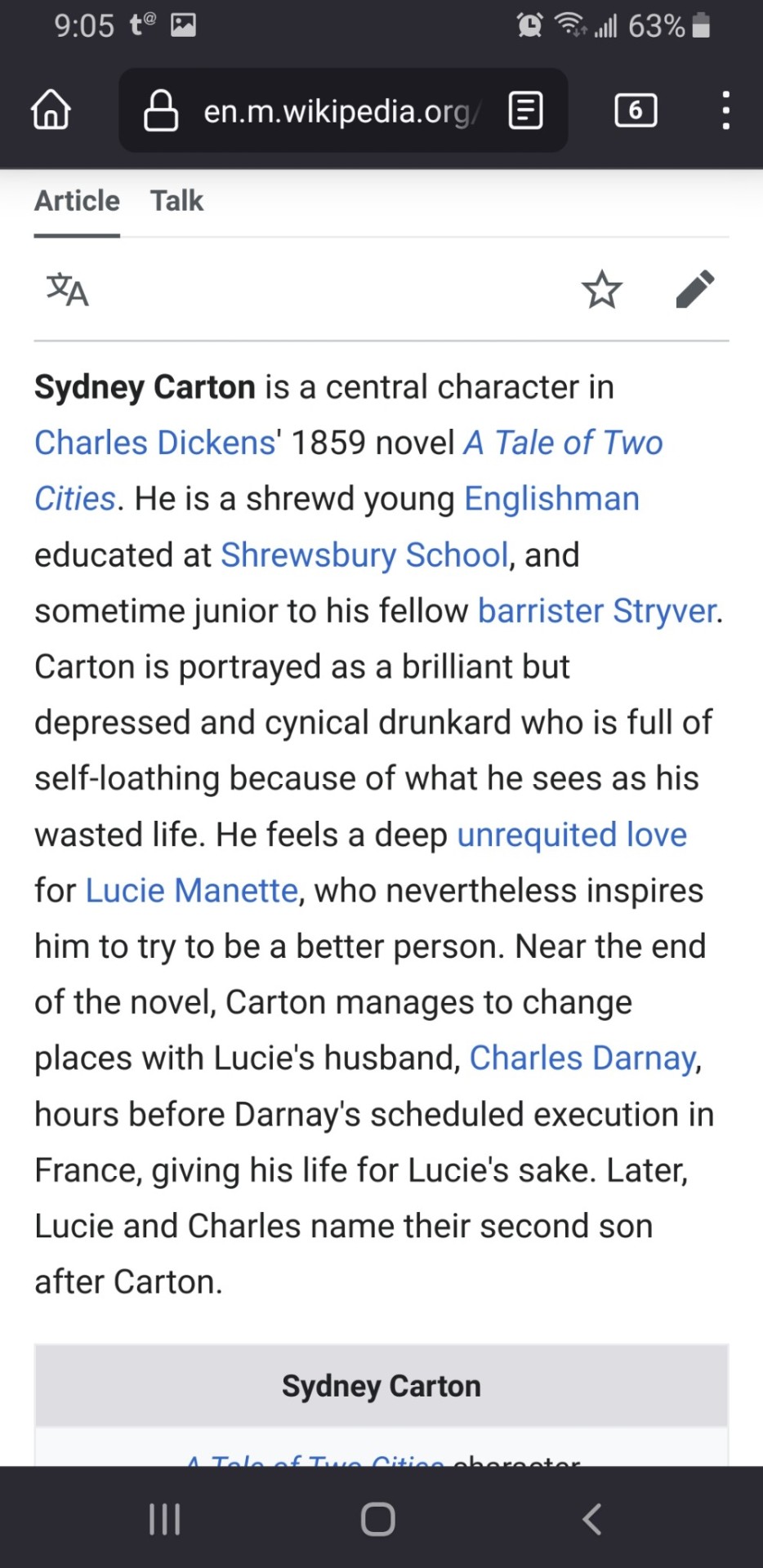
I couldn't help be blown away by the similarities here between Sydney Carton and a certain depressed snake demon from s2. Morosely asking Shax on a bench in the first episode "What's the point of it all?"
For some context, in the novel Sydney Carton and his later best friend Charles Darnay share a striking semblance and are easily mistaken for each other. This is how Sydney is then able to make the switch with Darnay in the end saving his life.
This brings to mind of the lore that we know that Crowley and Aziraphale were once long ago one character and split into two. Also with the ideal casting choice that Terry Pratchett wanted one actor to play both roles. That would have been really interesting and funny. Also this plays into our favorite duo MS and DT having not worked together before because they were up for the same roles.
Let's move on to
Charles Darnay
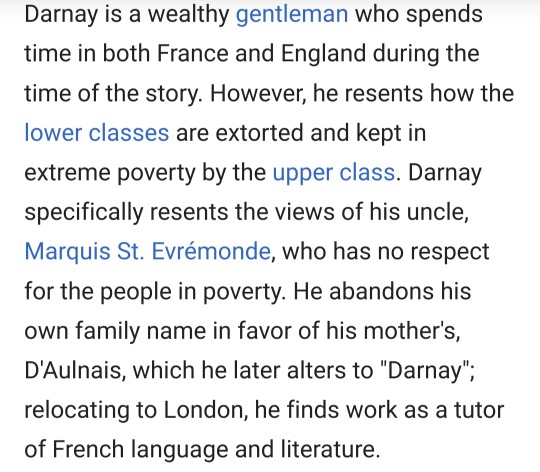
Darnay resents his uncle's views much how Aziraphale resents certain aspects of heaven, but is never able to act on very much.
The note about Darnay being tutor of French made me chuckle considering what we know about Aziraphale being terrible at French. With that whole scene centered around it in s2.
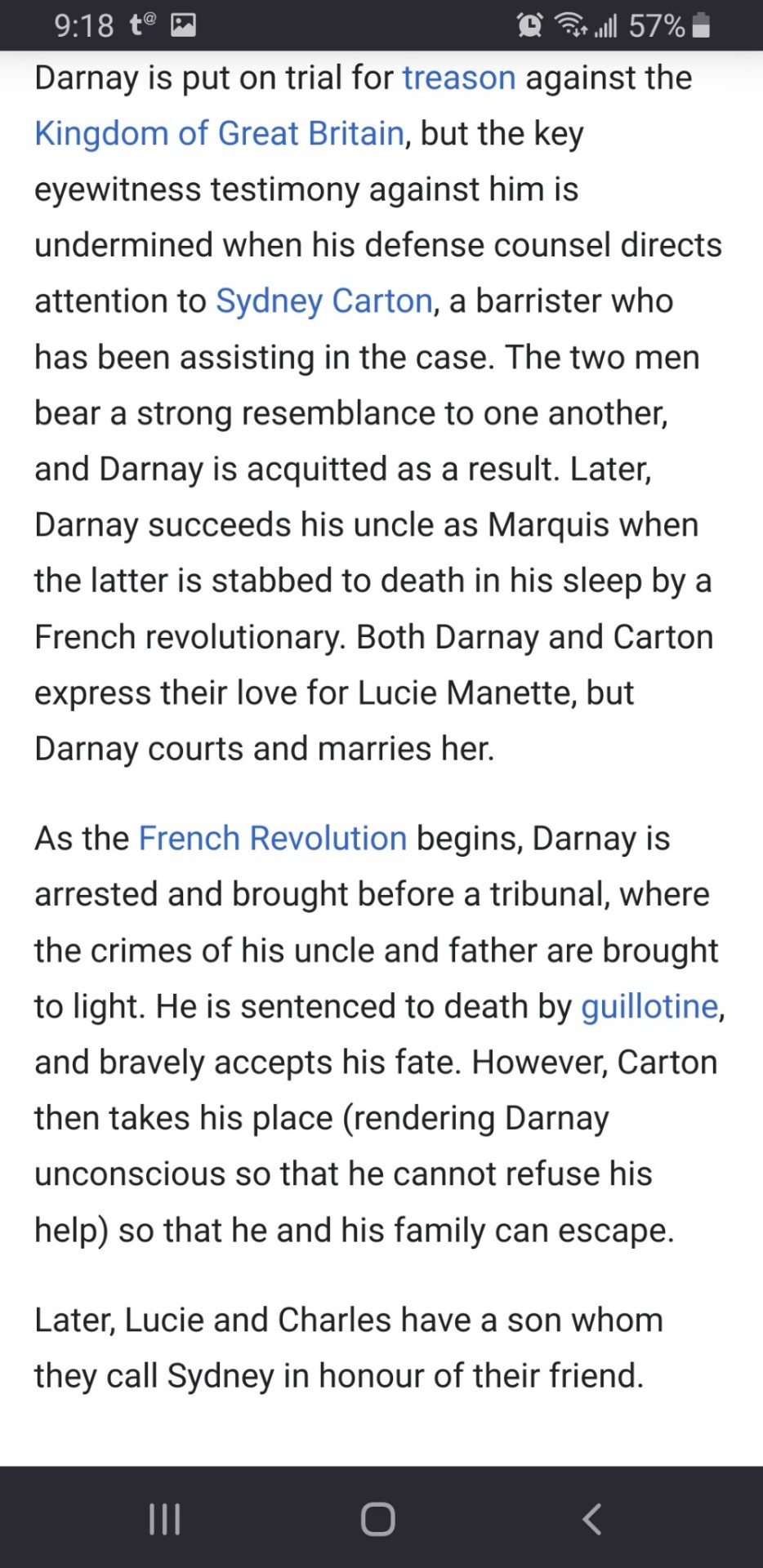
Ok so we all are well versed and familiar with the famous Bastille scene. We all know the one and its clear the inspiration here for it comes from A Tale of Two Cities possibly.
Side note Darnay and Carton are both in love with Lucie here, but I posit that in the case of Good omens, Aziraphale is possibly both Darnay and Lucie. Making him the best friend and love intrest.
Lucie Manette
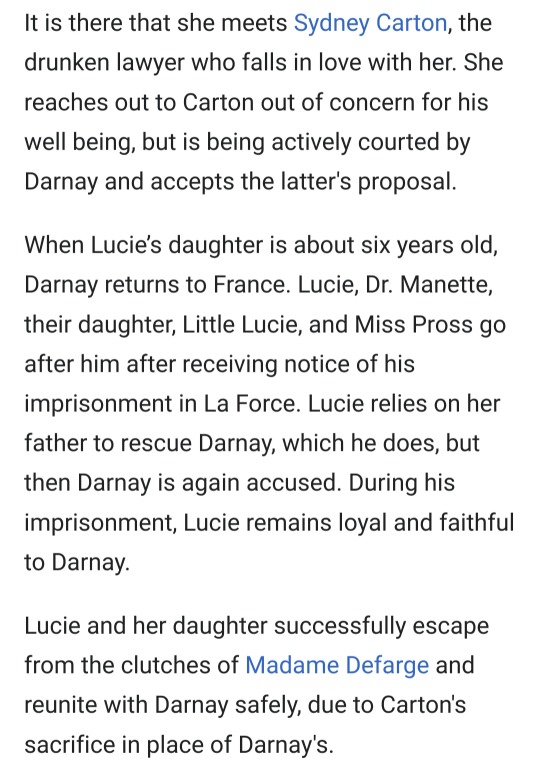
And finally why does any of this matter and what does this have to do with Crowley maybe dying in s3 you ask?
The one important detail in all of this is that at the end of the novel Carton heroically sacrificed himself to save his best friend and for the women he loves. He feels it gave him purpose and felt as if his life finally had meaning.
Two things here. The scene in which Carton swaps places with Darnay being able to pass as him well enough to save his life. Is very reminiscent of our Body Swap from s1. As well as the idea that in s3 this could also happen, but in the sense that Crowley does it to save Aziraphale's life. I clearly have no idea how s3 will play out.
Now I'm not saying that s3 will be as dramatic as all of this. It is still a comedy at its core. As others have touched on in meta and in nightingalecottage's post there are many little hints that point to the similarities and the idea that Crowley maybe doomed by the narrative. In a way, I personally don't think that Crowley's hypothetical death will be permanent. I just do not see that happening at all. A temporary death I could definitely see and it could also serve to show how much Crowley truly means to Aziraphale. The shock of it would maybe be similar to how Crowley thought he lost Aziraphale in s1 and could be a parallel.
In the end this is all speculation and theory. Either way the idea of it all makes me vibrate and I needed to finally share this with someone else. They wouldn't have recommended this book if there wasn't some sort of meaning here right? And its entirely possible I'm looking in the wrong direction.
Overall there are many parallels and similarities here between A Tale of Two Cities and certain parts of Good Omens, I'm sure I may have missed some and I just wanted to end this now before it gets too long. If you made it this far and have any other theories or something you want to add on to this please feel free to tag me. I release this into the void.
#good omens#good omens 2#good omens meta#good omens 3#good omens theory#a tale of two cities#charles dickens#crowley#aziraphale#ineffable husbands#doomed by the narrative#this got away from me#ive been sitting on this for months#its time#im ready to finally talk about it#may need to edit this later
70 notes
·
View notes
Text
these are my friends

see how they glisten
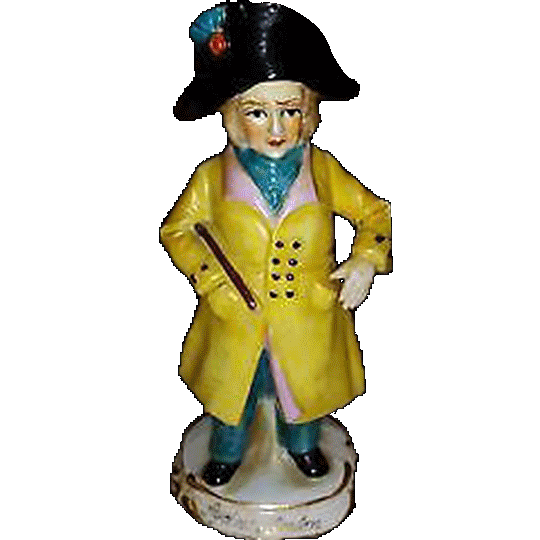
(porcelain figurines of Sydney Carton from 1940s Japan)
#see this one shine how he smiles in the light etc.#Sydney Carton#A Tale of Two Cities#AToTC#dickens#classic literature#memorabilia#vintage#antiques#doing these png edits is very fun i must say#kind of time-consuming but a much more fun way to post about these vintage items#also such a great way of showcasing all the variations!! which is a good chunk of the intrigue for me#and by the way#we are actually now almost completely through my memorabilia archives...#gonna try to find a few more at some point to pad the way through most of the rest of 2023#so that in 2024 i can start posting that new genre of post that i was talking about👁️👄👁️
72 notes
·
View notes
Text
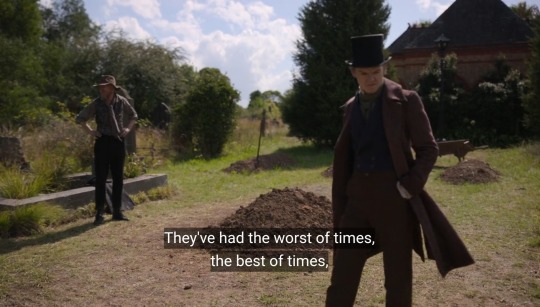
So my litterature-nerd brain noticed something. Not much but this line is a reference to another of Dickens' novel, A Tale of Two Cities. Fagin quoted the infamous opening line! I put it down below:


#the artful dodger#jack dawkins#jack x belle#oliver twist#a tale of two cities#lady belle#charles dickens
59 notes
·
View notes
Text

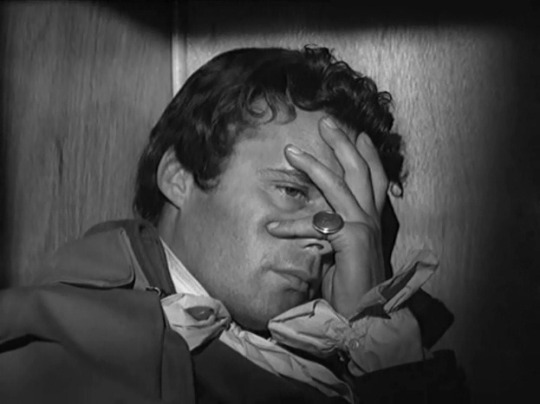

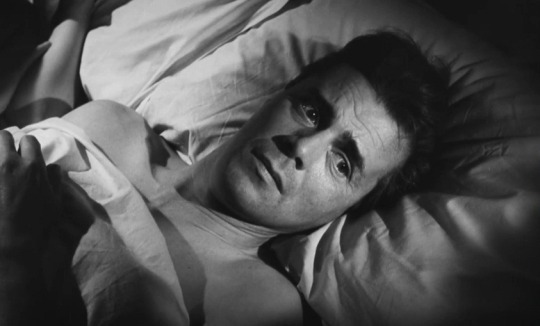
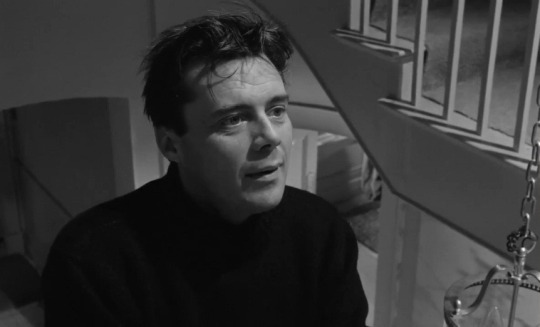
Happy Birthday Dirk Bogarde!
#dirk bogarde#happy brithday#the servant#the mind benders#accident#a tale of two cities#screencaps#screengrabs#my edits
46 notes
·
View notes